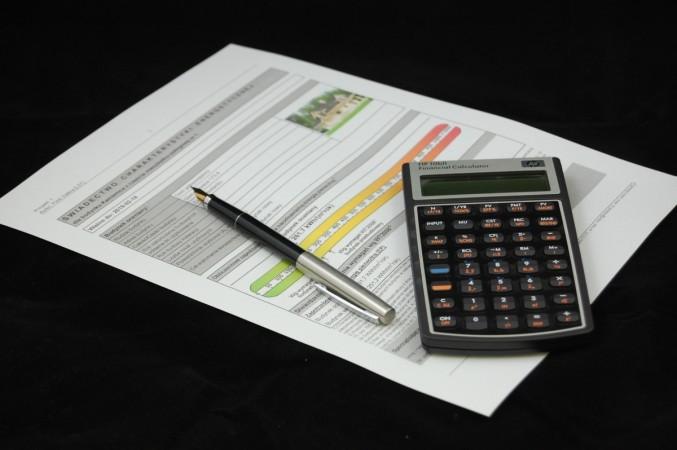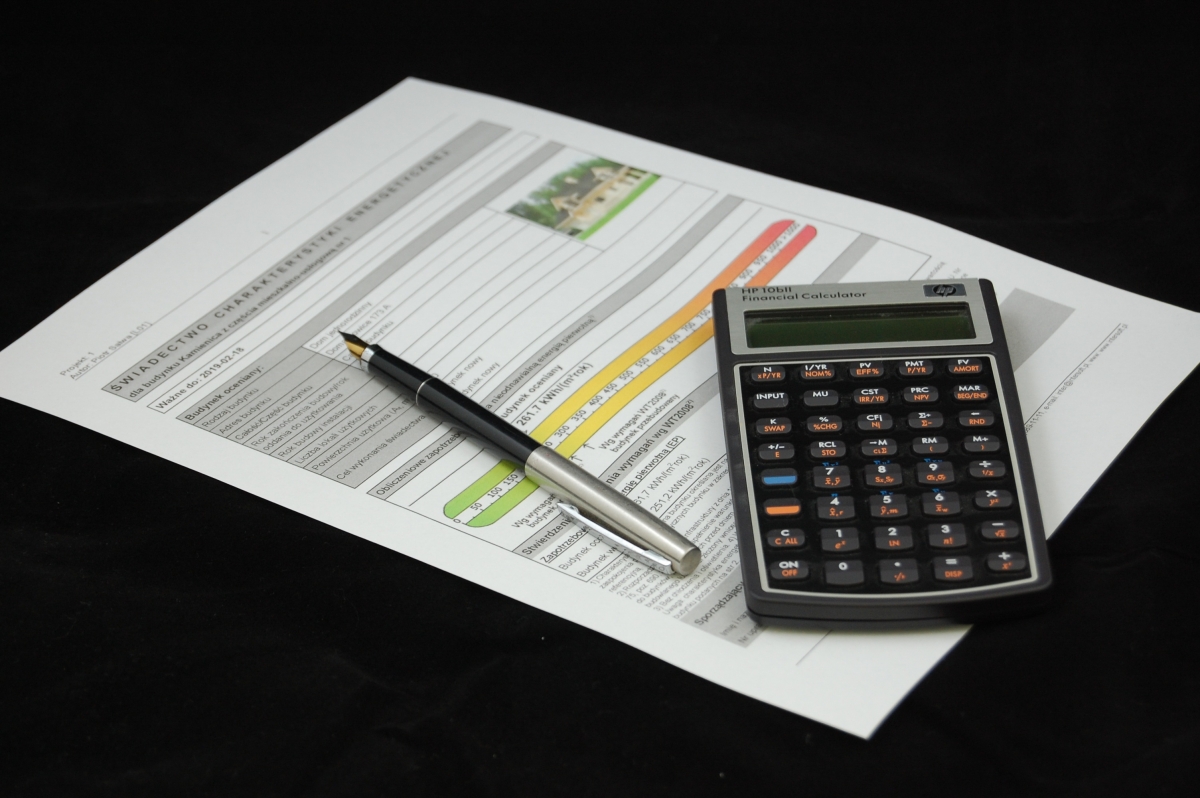

With the presentation of the Union Budget 2017 by finance minister Arun Jaitley, done in about two hours, it's time to decode the mumbo-jumbo and look at key takeaways. Here we recapitulate some of them along with their likely impact.
Read: Union Budget 2017 gives 15,500 crore tax relief by way of reduced income tax rates
50 percent reduction in income tax rate
Proposal
FM Arun Jaitley proposed bringing down the income tax rate from 10 percent to 5 percent for people with annual taxable income in the range of above Rs 2.50 lakh and up to Rs 5 lakh. There were about 1.95 crore individuals who showed income between Rs 2.5 lakh to Rs 5 lakh in FY2015-16 (AY 2016-17).
Implication
Presuming your annual taxable income is Rs 5 lakh and you avail of two deductions — Rs 1,50,000 under section 80C for contribution to provident fund, insurance premium and investments in small savings schemes, etc and Rs 15,000 for medical insurance under section 80D. Your tax liability for FY 2016-17 (AY 2017-18) will be Rs 3,605. Under the proposed income tax rate of 5 percent, you will pay Rs 1,802 for AY 2018-19, other things being equal.
If your annual taxable income is up to Rs 3 lakh, your tax liability is NIL. If your annual taxable income is Rs 3.50 lakh and deduction under section 80C is Rs 24,000, you will pay Rs 1,339. The tax rebate for those in higher income slabs will be proportional.
"While the taxation liability of people with income upto Rs 5 lakhs is being reduced to half, all the other categories of tax payers in the subsequent slabs will also get a uniform benefit of Rs 12,500 per person," the explanatory statement to Budget 2017 said.
On the other hand, Jaitley has proposed a 10 percent surcharge on those with annual taxable income between Rs 50 lakh and up to Rs 1 crore. The 15 percent surcharge on those with income of Rs 1 crore remains unchanged.
No rail fare, no service tax on online rail tickets
Proposal
The minister did not announce any increase in rail fare while proposing to waive off service tax on railway tickets booked online (via IRCTC portal).
Implication
You need not pay service tax of Rs 20 on sleeper class tickets or Rs 40 payable on air-conditioned class tickets. Small benefit, peanuts actually. For the time being, you can be rest assured of no hike in fare.
Cap on cash transactions
Proposal
In line with its policy to crackdown on black money, the government proposed not to permit any cash transaction above Rs 3 lakh.
Implication
Real estate transactions, where cash component is very high, will become clean, resulting in a likely fall in prices as black money will no longer chase property. Further, it will be difficult to buy expensive jewellery and accessories in cash. And if you pay electronically, the taxman will be able to track you easily.
Listing of rail PSUs
Proposal
The government will seek to list the shares of IRCTC, IRFC and IRCON on the stock exchanges.
Implication
You will be able to invest in initial public offerings (IPOs) of these state-run companies just in case you missed the IPO bus last year when ICICI Prudential Life, Thyrocare, RBL Bank, PNB Housing Finance offered shares to the public.
Net borrowing limit lower in FY2018
Proposal
The Modi government proposes to borrow Rs 3.48 lakh crore in FY2018, lower than Rs 4.07 lakh crore for the current financial year (FY2017).
Implication
When seen in the context of the government fixing the fiscal deficit target at 3.2 percent of the GDP in FY2018, it's clear that the government won't go on a spending spree. It also implies that the government is confident of managing its finances well with its tax collections and non-tax receipts. The government will be using tax paid by you and me in a more responsible manner.
Funding for political parties
Proposal
No political party will be allowed to receive donation in cash exceeding Rs 2,000 from one person. Also, interested donors can buy electoral bonds from authorised banks. "These bonds shall be redeemable in the designated account of a registered political party within the prescribed time limit from issuance of bond," according to the Budget. The rules regarding electoral bonds will be framed shortly.
Implication
Indians can look forward to a reasonably cleaner system of political funding, presuming things work out as planned.








